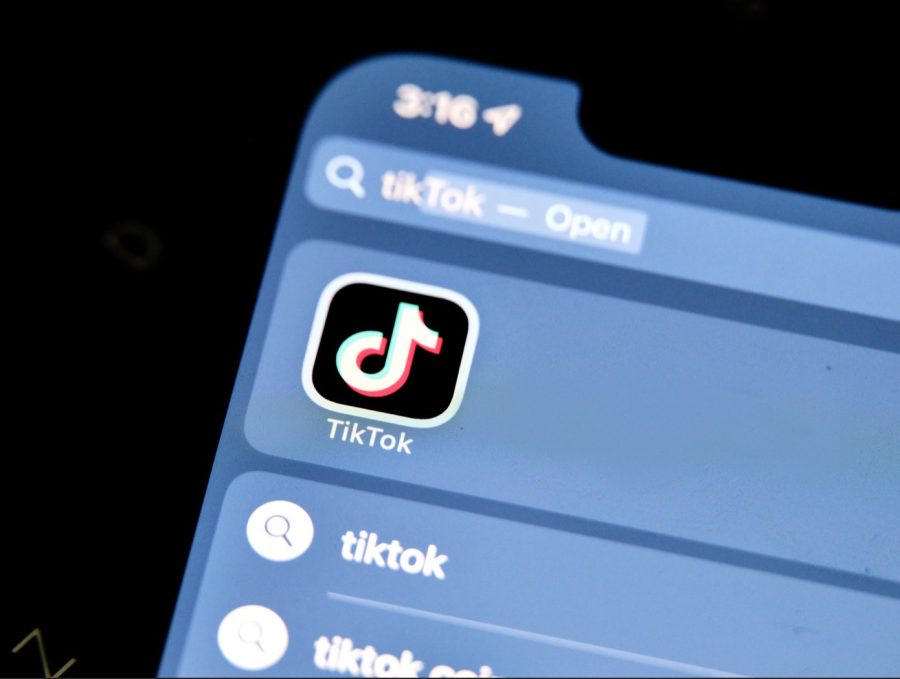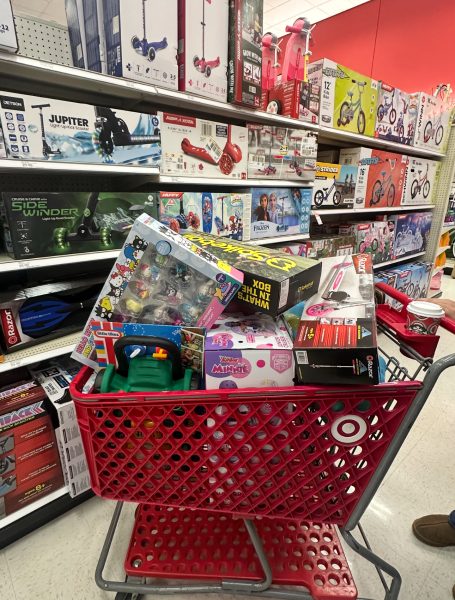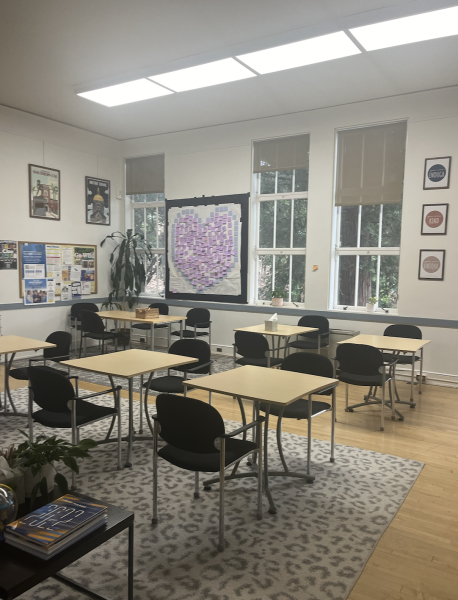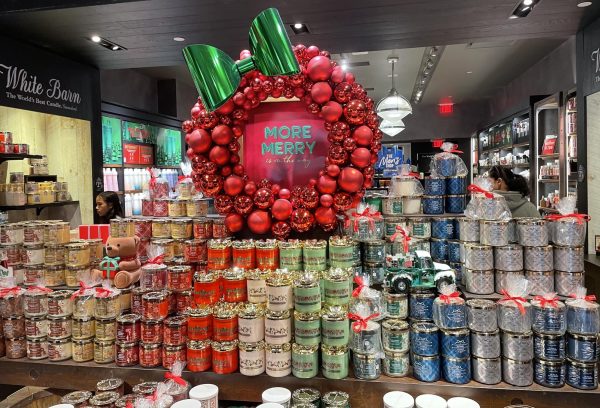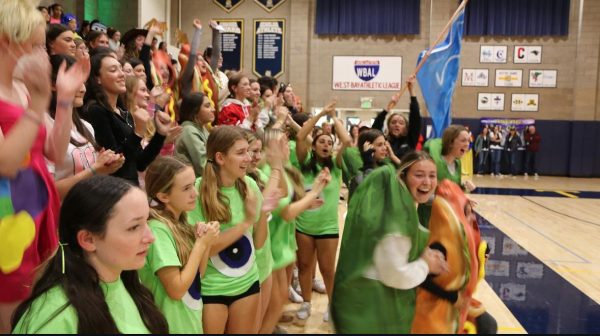TikTok influencers should be more aware of the effect of their content
The Catalyst / Focal Foto/ Flickr Creative Commons
In recent years, TikTok has had a significant impact on trends everywhere.
In 2018, a Chinese company called ByteDance took over the popular 2014 lip syncing app, Musically, rebranding it as TikTok. Today, TikTok has over a billion users and is available for download in over 150 countries. A great deal of these TikTokers are members of Generation Z, so content has especially impacted teenagers and young adults all over the world.
According to the Screen Time report on my iPhone, I spend around 7 hours a week on TikTok, so I would consider myself very familiar with the effects of the platform. In my opinion, TikTok’s greatest strengths are also its greatest weakness, and those include its rapid spread of information and vast influence on trends.
The first area that TikTok’s influence has completely altered is the beauty industry. The app has given young women a platform to share their skincare and makeup routines and their favorite products, tools and techniques. At first, these recommendations were incredibly helpful. When debating which lip gloss shade to buy, we could search it up on TikTok and find a hundred videos evaluating the product. However, these product reviews have recently driven consumers crazy, and all of a sudden, beauty supply stores like Sephora and Ulta, and even their online sites, are completely sold out of everyone’s favorite items.
Cosmetic companies have also seized this opportunity to partner with influencers and expand their brand. Now, when scrolling through recommended videos on the TikTok “For You page,” viewers can feel ambushed by brand deal after brand deal, which interferes with the authenticity that many influencers strive for. Although this is a clever marketing strategy, it has become increasingly difficult to tell which reviews are genuine and which are for the influencer’s benefit, and viewers end up wasting money on biased reviews.
In addition to its effect on the beauty industry, TikTok has had a notable impact on the process of college admissions this year. TikTok’s audience consists of many high school seniors who are waiting to hear back from colleges, juniors who are preparing their college applications, and underclassmen who may be drafting lists of schools they are interested in. Among college students, “Day in the Life” videos have been especially popular, so when interested in a specific college, a quick search on the app will reveal a student describing the academic and social environment at their school. Although these videos are helpful for students when researching colleges, when applying, they can backfire. Colleges being promoted on TikTok are receiving more and more applications, causing their acceptance rates to decrease and leaving hopeful applicants disappointed when they are not accepted.
Like all other social media platforms, the most significant effect of TikTok is related to mental health. The app’s one to three minute videos allow influencers to “vlog” their days or post “Get Ready With Me” videos that are meant to capture their casual, day-to-day life, but are truly just a highlight reel. With each video, these influencers create unrealistic beauty and lifestyle standards that can be detrimental to viewers and their understanding of the world around them.
Despite TikTok’s negative effects on its users, there have been significant efforts made by some of the biggest influencers to be more authentic in order to break the stigma surrounding social media. TikTok’s newest “It Girl,” Alix Earle, is a prime example as she is completely transparent about her experience with Accutane, plastic surgery and her dating life. In addition, “de-influencing” has become a viral trend, which is when beauty experts take the most viral products and explain why they are not worth the hype or the money.
In order to improve the experience of TikTok viewers, influencers and users in general should be aware of the speed at which their content can spread on the app. TikTok has the potential to serve as a great source of news, entertainment and social interaction, so influencers should ensure that messages remain positive and beneficial in order to combat the negativity surrounding the app and social media in general.
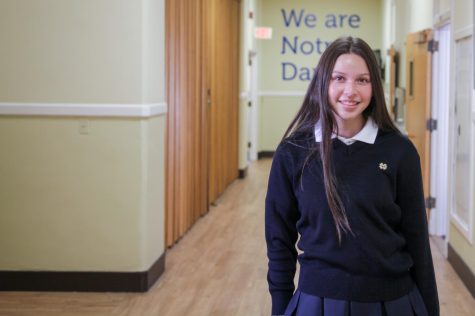
Molly Phan is a senior at NDB and it is her third year with The Catalyst. She was involved in the journalism club her sophomore year and served as the...

